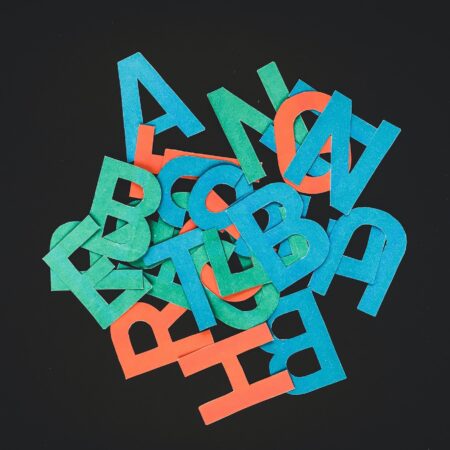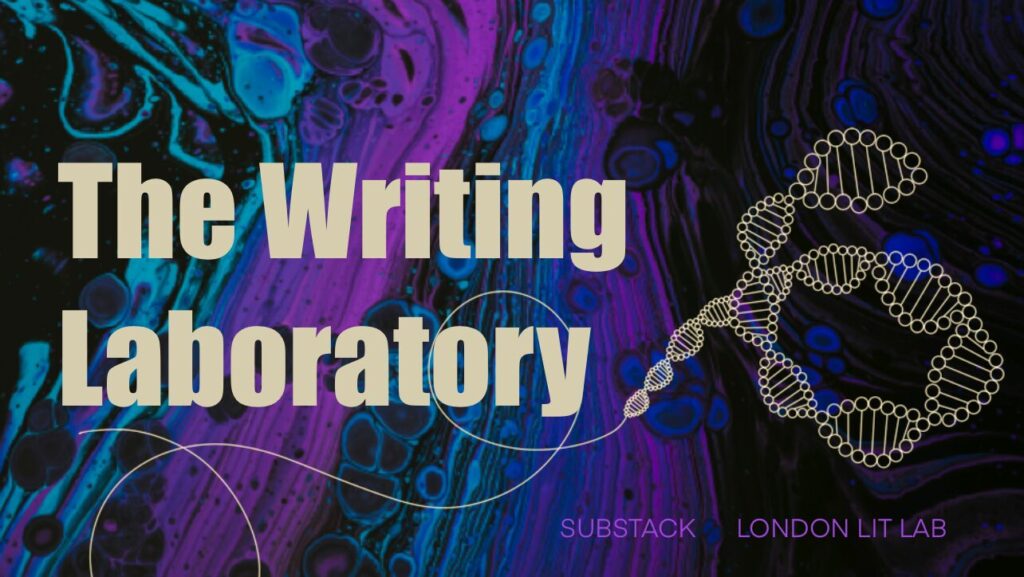Flash fiction is growing in popularity with an explosion of venues for online and print publication as well as high quality competitions to showcase your work. This welcome blossoming of flash fiction collections creates more opportunity but also a greater need to stand out in the crowd.
Play is the method through which children experiment and learn about themselves and the world. It elicits creativity, empathy and richness while being freed from the constraints of past habits and logic. Shorter fiction is the ideal length to use this approach with so that a piece can be created before the editing brain or past patterns take back control!
The aim of this course is to enrich your flash fiction through practical and playful strategies. Without losing your unique voice, you will learn how to step into your ‘discomfort zone’ to produce more satisfying pieces that command attention. We will look at how great flash writers take us by surprise in both subtle and outrageous ways and what playful elements make a flash memorable.
We will consider the function of play in development, then apply some techniques as set tasks. You will learn to ‘play’ with your work to produce something different to your usual writing. You will be invited to join in ‘party games’ with your course-mates then reflect on how to apply what you’ve noticed to improve your own work.
Course outline
- Three assignments, including reading and video material, discussion prompts and writing exercises.
- Tutor feedback – comments on all assignments plus more detailed written feedback on a final submission.
- Peer feedback on your work.
- An online writing community, lasting beyond the end of the course.
This course is four weeks long and asynchronous (so you can log in and add to the discussion whenever you want). The course will cover components of playful writing by teaching on the topic in written and video format, examples of flash fiction with prompt questions, then exercises that build into three assignments. You will reflect on the nature of your own flash fictions and use playful techniques to shake you out of your comfort zone. Together with your course-mates, you will be offered the chance to play games such as Story Bingo, Consequences, and Character Happy Families. You will rewrite a story to see what differences emerge using the techniques.
Learning Online
The course will take place online, in a closed group on a platform called Slack. You’ll need to have internet access, but not at any set times (except for the live Zoom writing sessions) – you can pick and choose when you log in. Slack is easy to use, and we’ll provide you with full instructions and guidance before the course starts. On Slack, we won’t have scheduled live chats. but there will be plenty of opportunity to interact with Stephanie and the other course participants in discussion threads, throughout the four weeks.
Time Commitment
You should allow up to 3-4 hours per week for this course, for reading, writing and assignments.



